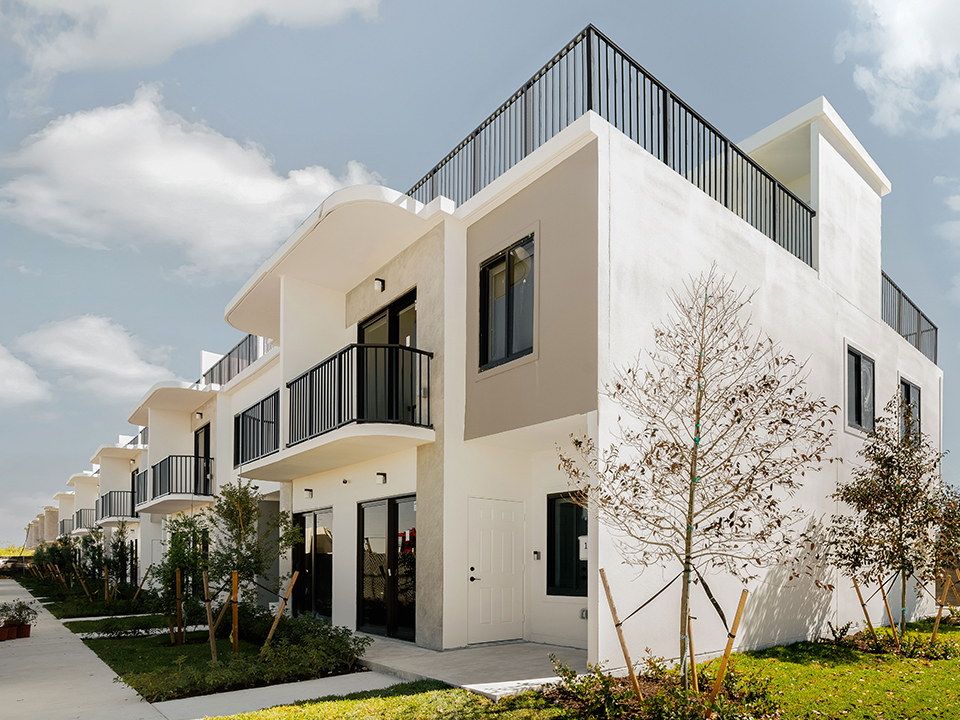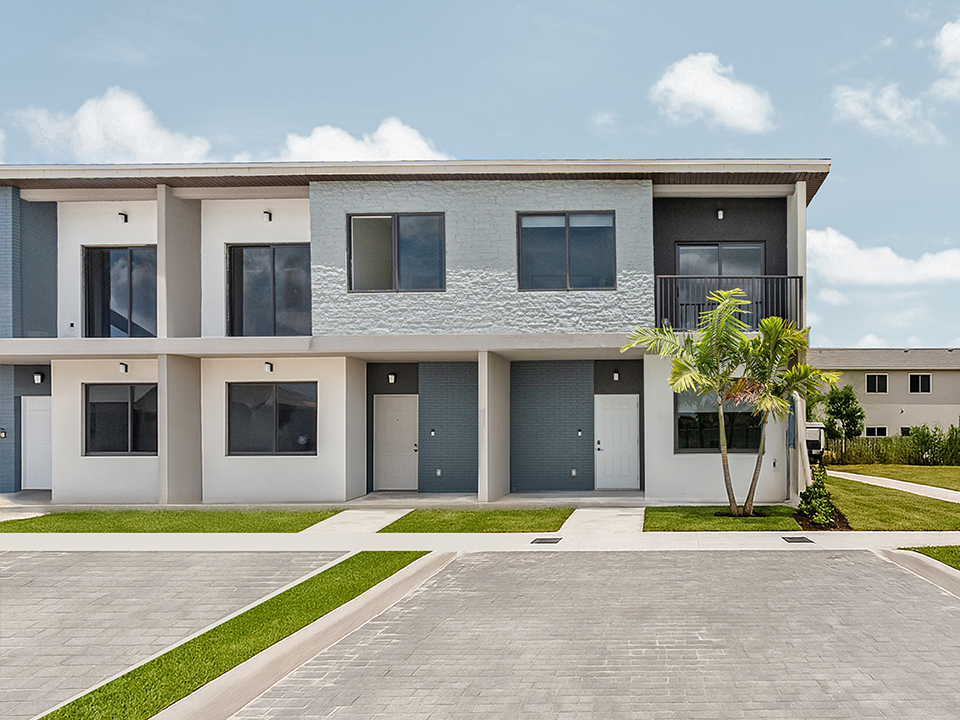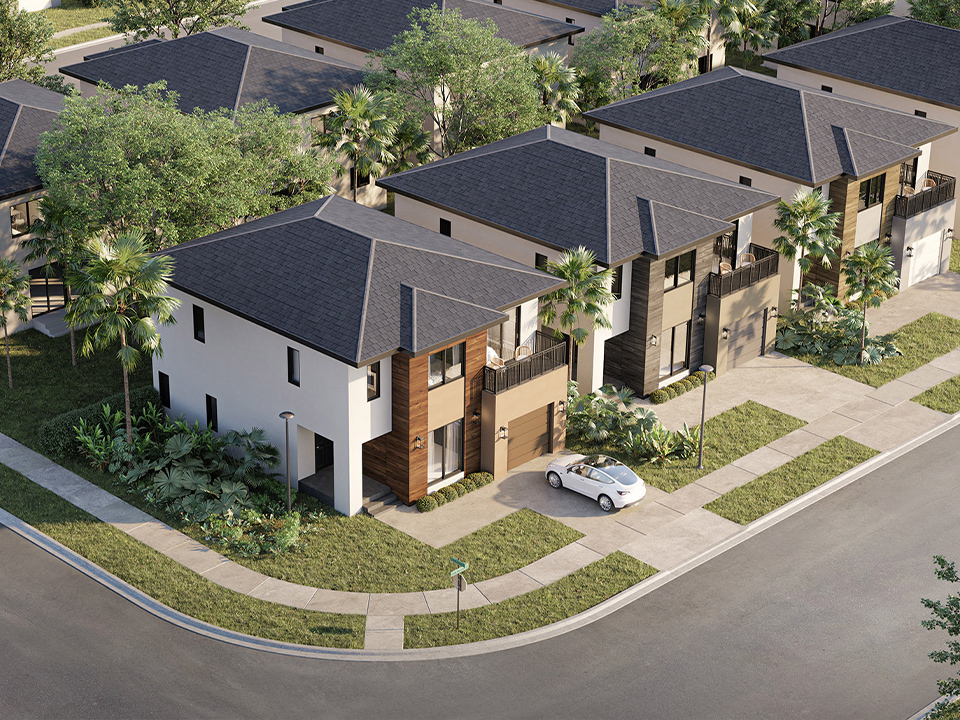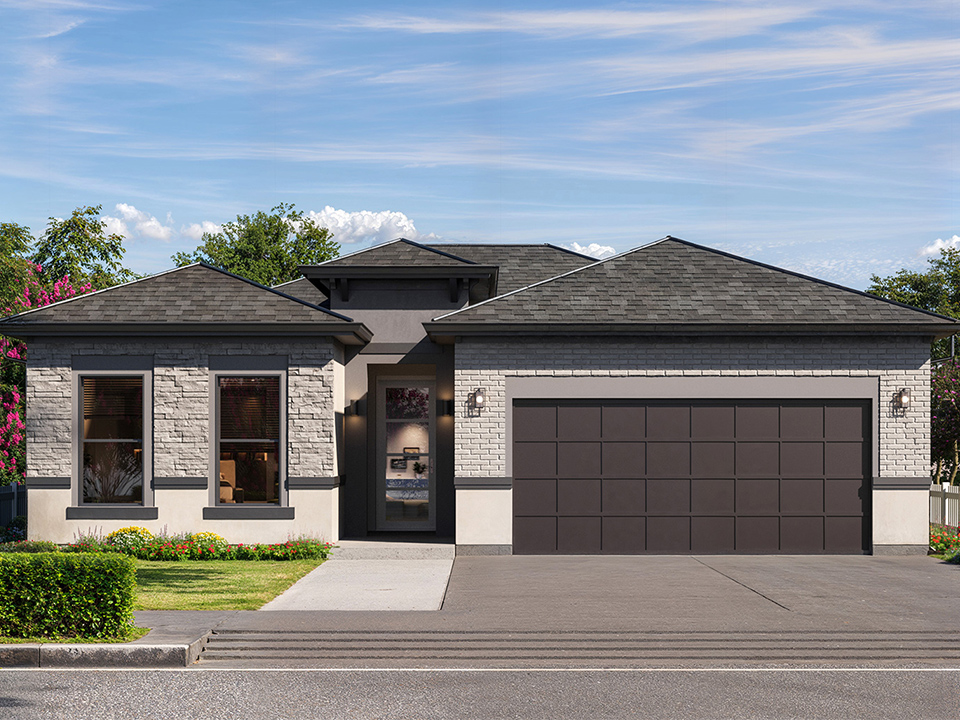Modular Construction and Vertical Farming
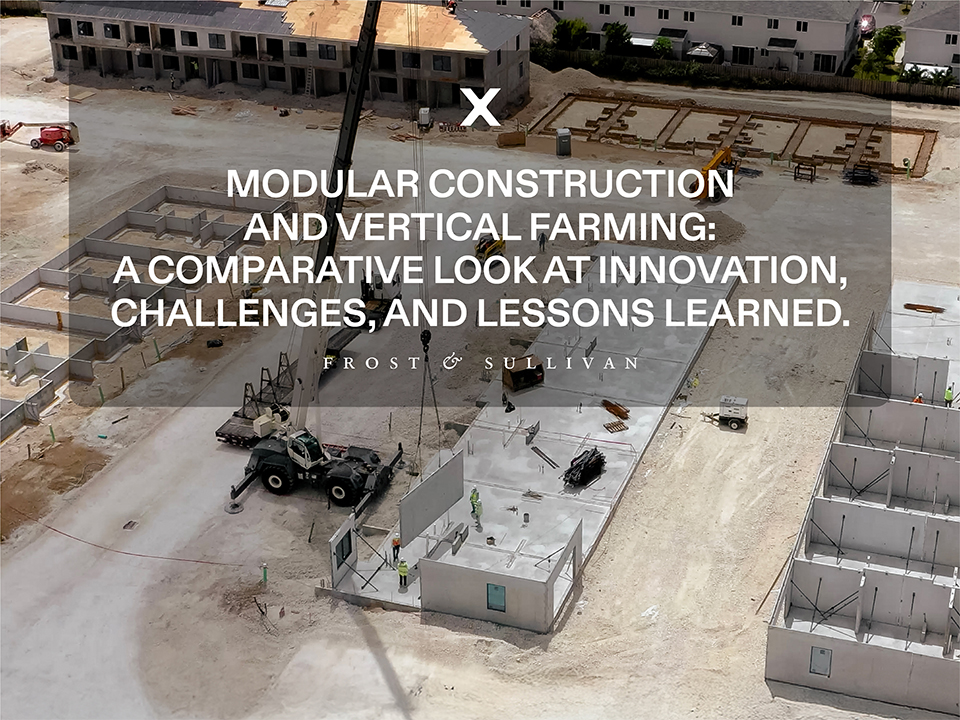
By Frost & Sullivan, in collaboration with Growy and Onx Homes
Published on May 29, 2025
Introduction One of the perks of being an analyst at Frost & Sullivan is that we get to see amazing solutions being implemented in a range of industries. In this article, we compare modular construction and vertical farming — two innovative solutions aimed at transforming how we build and grow in response to mounting global challenges. We’ll highlight their benefits, explore the obstacles they face, and examine the points of convergence between the two. Additionally, we’ll look at companies in both industries that have gone bankrupt in recent years and highlight new players trying to fix the mistakes of the past.

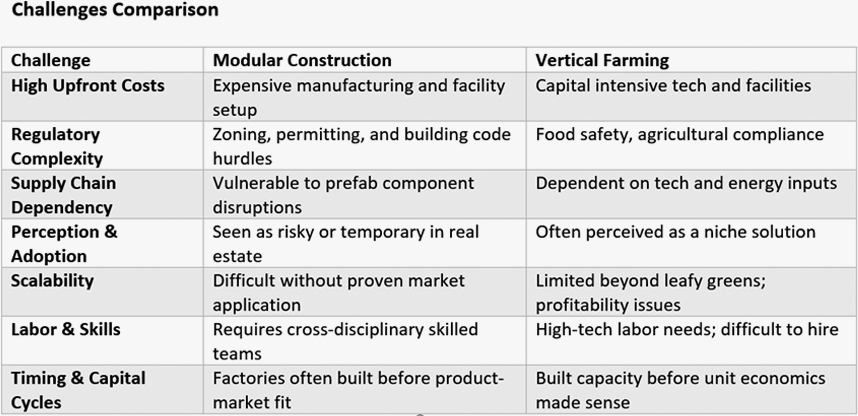

Companies That Went Bankrupt In recent years, both industries have seen high-profile failures. In modular construction, companies like Katerra (2021) filed for bankruptcy after raising over $2 billion, citing supply chain issues and execution challenges. Nexii Building Solutions went bankrupt and was sold to new owners. Beattie Passive Group closed and turned into a consultancy firm. Other examples include Urban Splash House, Modulous, and Ilke Homes.
In vertical farming there are several cases as well. Fifth Season, a robotics-enabled farm, was among the first to shut down in 2022. Upward Farms, which raised nearly $150 million, ceased all operations in early 2023. AppHarvest filed for bankruptcy. Planted Detroit shut down and re-initiated operations in December 2023. Infarm, once a German unicorn, shut down across Europe, and even Kalera, the operator with the most vertical farms globally, filed for Chapter 11 in 2024. Bowery Farming saw its valuation drop from $2.3 billion peak, shut down several locations, and laid off hundreds.
The overarching issues included high labor and capital costs, limited crop variety (mostly leafy greens), and an inability to compete on price with traditional farms in low-cost regions. Despite higher yields, vertical farms struggled with profitability due to expensive tech, energy use, and workforce demands.
What Companies Are Doing Differently Now New players in modular construction are approaching the market with more discipline. Rather than scaling prematurely, they’re focusing on refining specific product-market fits through smaller pilot projects and standardizing components before investing in large-scale manufacturing. Some
companies are vertically integrating by becoming developers
themselves—controlling the land, design, and construction—to better align incentives and ensure financial viability over longer project horizons.
When it comes to vertical farming, Growy is one of the companies that firmly states having learned from past mistakes to do better and thrive in the future. As stated by the organization itself, the company is focused on these aspects of the business:
(i) Cost effectiveness: meaning designing simpler and smarter systems focused on what the plant needs;
(ii) To determine the need for automation: it might not be that necessary, particularly in small locations, and in areas with low labor costs. Farms must be suited for the economic and operational realities of their location;
(iii) Design: the needs of the plant must be at the center. The operators must understand its growth cycle, its climate/water/light/CO2 needs, and then build a system around it;
(iv) Team sizing: the number of people in operations, marketing, management and other areas of the farm must meet both efficiency and effectiveness;
(v) Energy consumption: When farms are designed around the true needs of plants (using data, targeted lighting spectra, and efficient climate control) energy use can be drastically reduced;
(vi) Sales: ensuring sales even before planting a seed is key. Successful farms grow crops that people are ready to buy at a profitable price;
(vii) Sustainability: reaching truly economic, environmental and social sustainability. On the other hand, when it comes to modular building, ONX highlighted these characteristics that separate it from other companies:
(i) Fully integrated business model: Manages the entire homebuilding process from land acquisition to financing.
(ii) Proprietary technology: Uses X+ Construction™ technology to streamline building, enabling rapid construction (homes are built in 30 to 60 days)
(iii) Climate-resilient design: ONX’s homes feature monolithic concrete-engineered walls, reinforced with steel dual-layer panels, and capable of withstanding Category 5 hurricane winds. Accordingly, the company focuses on markets with intense
climate events, like Florida and Texas.
(iv) Lower lifetime ownership costs: Reduces maintenance, insurance, repairs, and utility costs by 40% compared to stick-built homes.
(v) More sustainable manufacturing: Factory-based construction cuts material waste by 80% and reduces carbon emissions by 50% as compared to stick-built homes.
(vi) A disciplined growth strategy: Avoids premature scaling mistakes of earlier modular companies, by focusing on refining product-market fit and production efficiencies before expanding.
About Growy
Growy is revolutionizing food production with its high-tech vertical farm in Amsterdam, growing pesticide-free leafy greens close to consumers year-round. By combining Dutch agricultural expertise with automation, robotics, and data, Growy delivers tasty, healthy and affordable, greens with a consistent high-quality. Collaborating with chefs and retailers, Growy is expanding its reach aiming to bring
its innovative farming model to cities worldwide.
About Frost & Sullivan
Frost & Sullivan, the growth pipeline company, enables clients to accelerate their growth and achieve best-in-class positions in growth, innovation, and leadership. The company’s Growth Pipeline as a Service provides the CEO’s Growth Team with transformational strategies and best-practice models to drive the generation,
evaluation, and implementation of powerful growth opportunities. Let us be your growth coach on this transformational journey, as we actively support you in fostering collaborative initiatives within your industry’s ecosystem.
About ONX Homes
Onx Homes is pioneering a new standard in resilient, tech-enabled living by combining cutting-edge innovation with fully integrated construction. Its proprietary X⁺ Construction™ system and advanced building technologies allow Onx to deliver homes that are not only built to withstand the challenges of today’s climate but also
designed for long-term sustainability and ease of ownership. With operations in Texas and Florida, Onx is developing over 3,000 durable, energy-efficient homes—crafted with precision, delivered with speed, and built to last.
